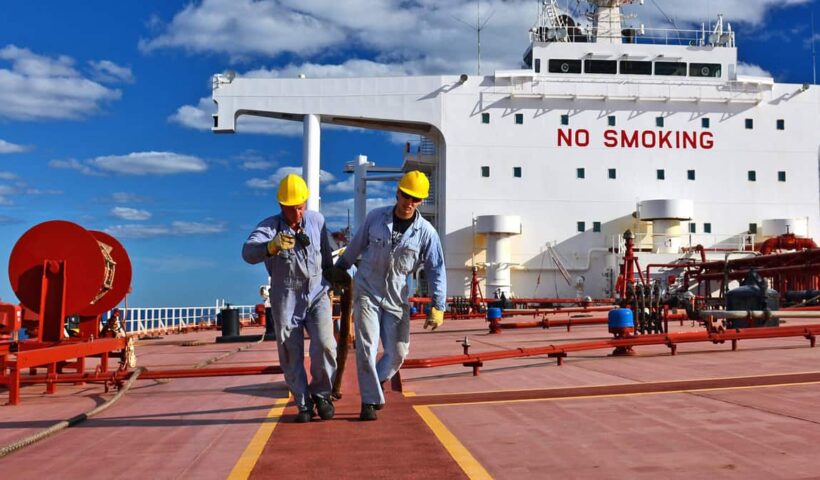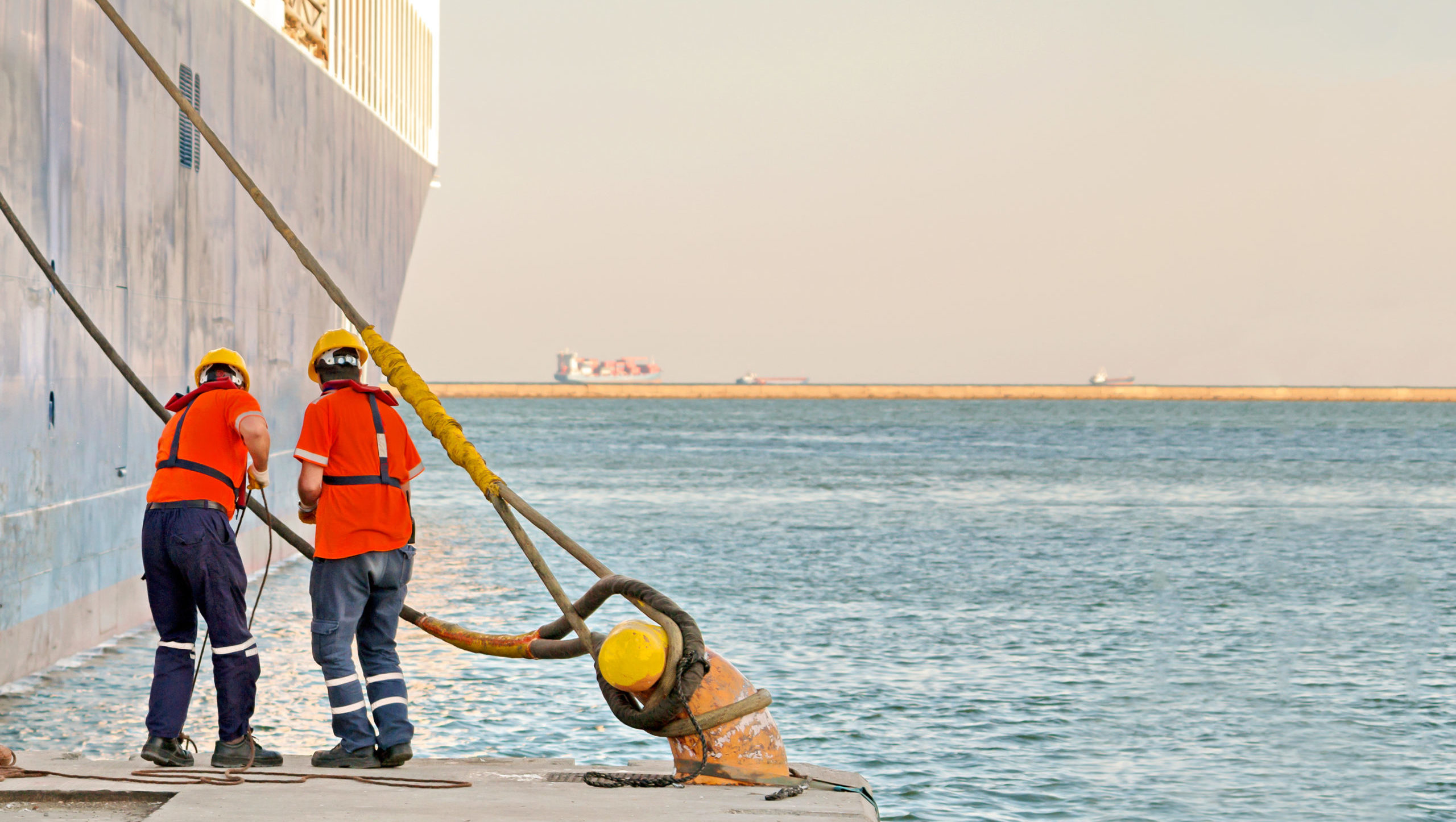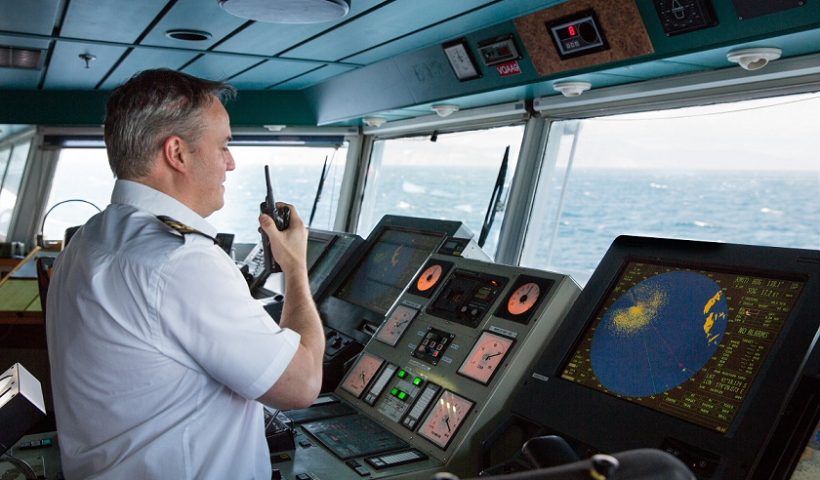The general maritime law, courts, and national legislatures have given special
attention to seafarers’ employment contracts. An employment contract is the
most important document relating to a seafarer’s life and work. Seafarers’ employment
contracts are also called articles. The general maritime law has for centuries
required all seafarers’ employment contracts to be in writing. As early as 1729,
English statutes have required seafarers’ employment contracts to be in writing.
Category: Maritime labour law
Recruitment and Placement in maritime labour law
The need to recruit reliable and skilled persons for seagoing careers is as old as the
shipping industry itself, and it remains a critical issue for ship operators. Today,
both ship operators and seafarers rely on placement agencies (also called manning
agencies) to connect seafarers with jobs on ships. Ship operators rely on placement
agencies to identify qualified seafarers for their ships’ crews, and seafarers rely on
the agencies to find jobs on ships. Some countries require their citizen seafarers to
use only placement agencies licensed in their country.
Status of Master and Seafarers in maritime labour law
Maritime law has provided seafarers special rights, protections, and obligations,
many of which were not applicable to other workers. The definition of a seafarer
is a term of art that was, and remains, very important in determining to
whom maritime law could be applied. Although who is a seafarer may appear obvious,
maritime nations have crafted various definitions for seafarers, depending
on the context of the laws applying to them. The UK Merchant Shipping Act
(MSA) 1995, for example, defines ‘seaman’ as every person, except masters and
pilots, employed or engaged in any capacity on board any ship. Because of their
authority and relationship with shipowners, shipmasters are not always considered
seafarers, although protective labour laws generally include them.
About Seafarers’ Rights
Seafarers are among the most regulated of all workers. Almost every aspect of lives
aboard ship is regulated: their hiring, their dismissal, their working conditions,
their sleep, their food, their health, their sickness, their recreation, and even their
deaths. Seafarers face particular perils, endure substantial physical hardships, put
up with strict discipline, and suffer lonesome separations from home. They have
special lives and work, and they need special laws to protect them.




